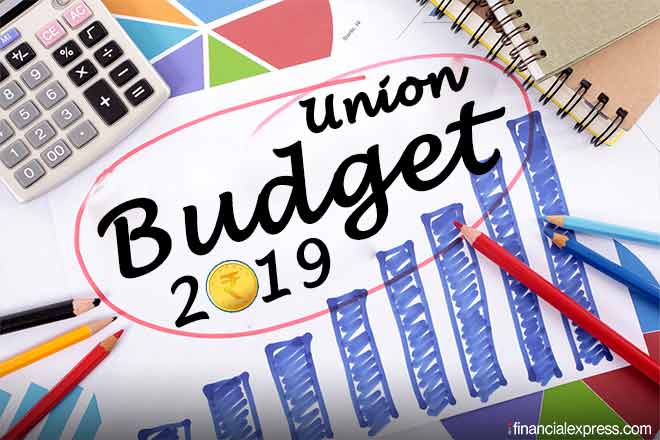
Budget 2019-20: The proposal to tax cash withdrawals from banks of above `1 crore a year from a single bank account is expected to check hoarding as well as make it less rewarding for people to transact in cash. Levying tax deducted at source (TDS) of 2% on such withdrawals is the government’s way of promoting digital payments.
However, this is not the first time that a cash transaction tax has been introduced. In 2005, then finance minister P Chidambaram had also introduced a banking cash transaction tax (BCTT). At the time, he had said the idea was not so much to generate revenue but to establish ‘remarkable tax trails’ since a large part of the cash was finding its way into the black economy. However, in terms of revenue collection through BCTT, the government had managed to garner just `350 crore in FY06.
Sources said data from demonetisation had thrown up several tax evasion methods that the government is keen to crack down on. In a few instances, some account holders were found to be indulging in discounting of demand drafts of small amounts for a commission in collusion with bank officials. Small amounts of cash were being withdrawn by the same people using demand drafts.
Discounting is a system through which banks can offer cash withdrawal against a draft up to a certain limit and also make drafts by depositing cash up to a certain limit. But some experts believe that since nowadays the government has a lot more information on taxpayers than earlier, taxing cash withdrawals is actually unfair to honest taxpayers. The fact that there was no stunning increase in tax buoyancy after Chidambaram’s cash tax suggests it wasn’t very successful earlier as well.
Some feel the impact of the compliance will be felt more by the unorganised sector. According to RSM Astute founder Suresh Surana, the proposal could have more impact on the unorganised sector, which generally is cash-dominated. “This measure has cast more responsibility on the banks (including cooperative banks) and post offices to track all cash payments made to any person from an account held with it,” Surana said.
However, this compliance burden does present some challenges, like it may raise the transaction time for cash withdrawals, as the bankers may need to customise their financial software to include the tracking system. Also, the account holder may transact with multiple banks for such cash withdrawals as this proposed limit seems to be restricted to the individual bank making the cash payment.
“As the date of effect of this amendment is September 1, 2019, (mid-year), more clarity would be required as the cash withdrawal limits are proposed for the financial year,” Surana added.
In a way, it can be said this is an “indirect demonetisation” measure to curb cash transactions and push towards a more transparent, organised and compliant business structure.


